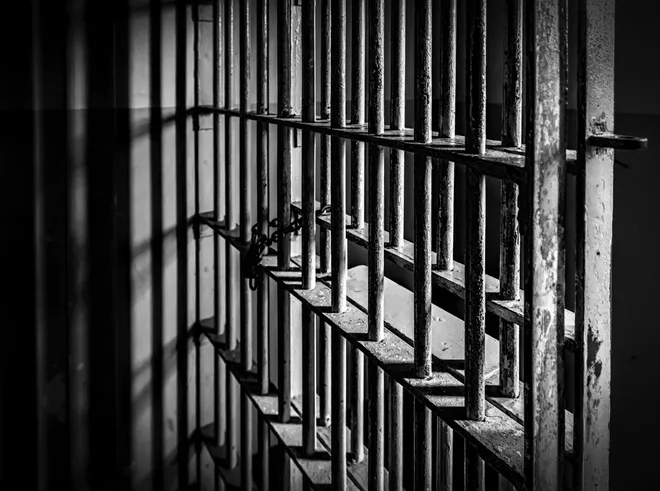In a landmark court ruling issued last July, Illinois will become the first state in the nation to abolish cash bail when the Illinois Supreme Court upheld the Illinois Pretrial Fairness Act. This is a big deal for several reasons.
In addition to doing away with cash bail, the new law puts the burden on the state to prove that someone should be detained prior to their trial. If the state cannot meet that burden of proof, the individual will be eligible for pretrial release.
While the law enjoyed broad support, a lawsuit against seeking to overturn it made its way to the Illinois Supreme Court. The law enforcement officials who brought the suit argued that abolishing cash bail violates the right to bail, the rights of crime victims, and separation of powers under Illinois law.
These arguments were rejected, with the Illinois Supreme Court deciding that there are other ways to ensure people return to court without forcing them to pay for their freedom, cash bail did not keep victims safe, judges must consider safety risks when deciding whether a defendant should be detained, courts must keep victims notified of relevant bail proceedings, and finally, it was well within the legislature’s power to abolish cash bail.
The increasing reliance on cash bail over the last three decades has led to our ignominious status as incarceration champions of the world. While cash bail has become culturally accepted, the disparity between the impact on the poor and the wealthy should give anyone pause. An individual with money gets to pay a fee and walk away, while someone who cannot pay will be held—even though they have yet to be convicted of a crime.
Cash bail also negatively impacts Black and POC people at a greater rate that whites. The poorest one third of defendants are those least likely to be able to afford bail, which disproportionately results in Black and POC defendants being detained. On top of that, Black and POC defendants are 10-25 percent more likely to have to pay cash bail than their white counterparts. Additionally, Black men face bail amounts that average 35 percent higher than those for white men accused of similar crimes, whereas Latino men face 19 percent higher bail than white men.
The implications of this new law extend to mental health. People being detained prior to their court hearing are six times more likely to commit suicide than those who have been convicted and sentenced. There is also a huge impact on families left behind by those being held. A Philadelphia study found that half of men employed before being detained were their family’s primary source of income. The impact on the children of those detained is also significant and is considered an ACE (Adverse Childhood Experience), which dramatically increases the risk that child will one day deal with addiction, become incarcerated themselves, and struggle with their mental health.
As Noah Berlatsky from Public Notice reports, “Sometimes the injustice is staggering — as when 16-year-old Kalief Browder, accused of stealing a backpack, was held at Rikers Island for three years without trial. He eventually died by suicide a year after finally being released.”
Of course, the people who are negatively impacted by cash bail—the poor—have little sway with legislatures and little money to take their case to court. This makes the new law in Illinois all the more remarkable. The question becomes, will other states now follow Illinois’s lead?
The Illinois Pretrial Fairness Act goes into effect September 18, 2023. It will be interesting to see the impact that ripples forth from this one stone thrown.
(Source: Noah Berlatsky of Public Notice)

